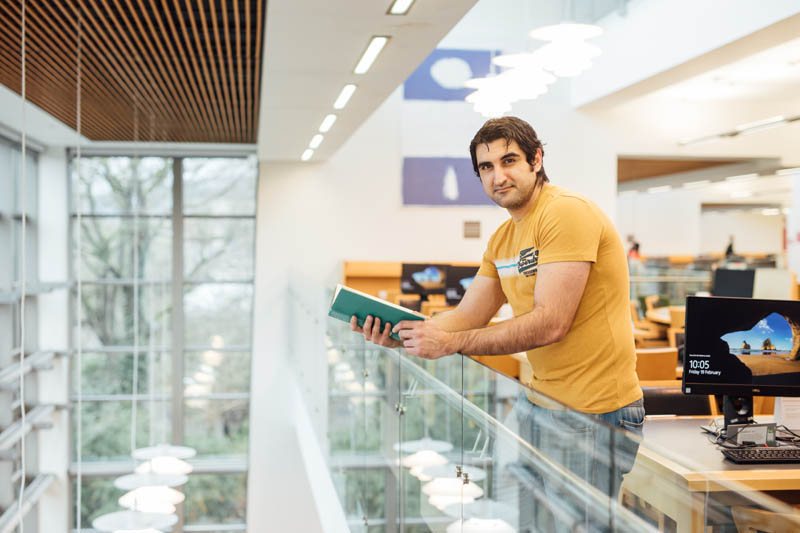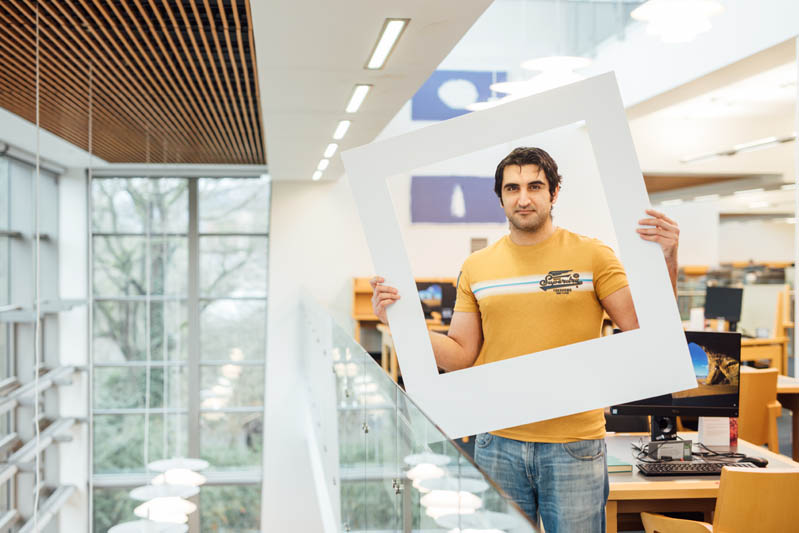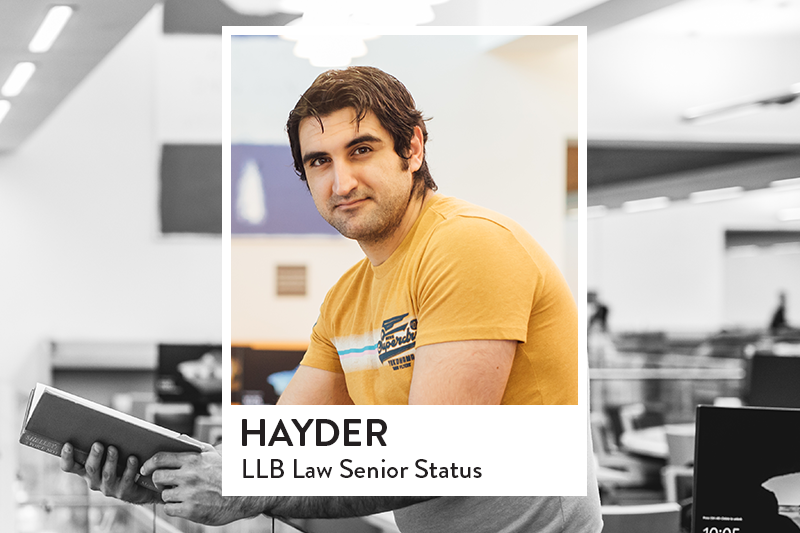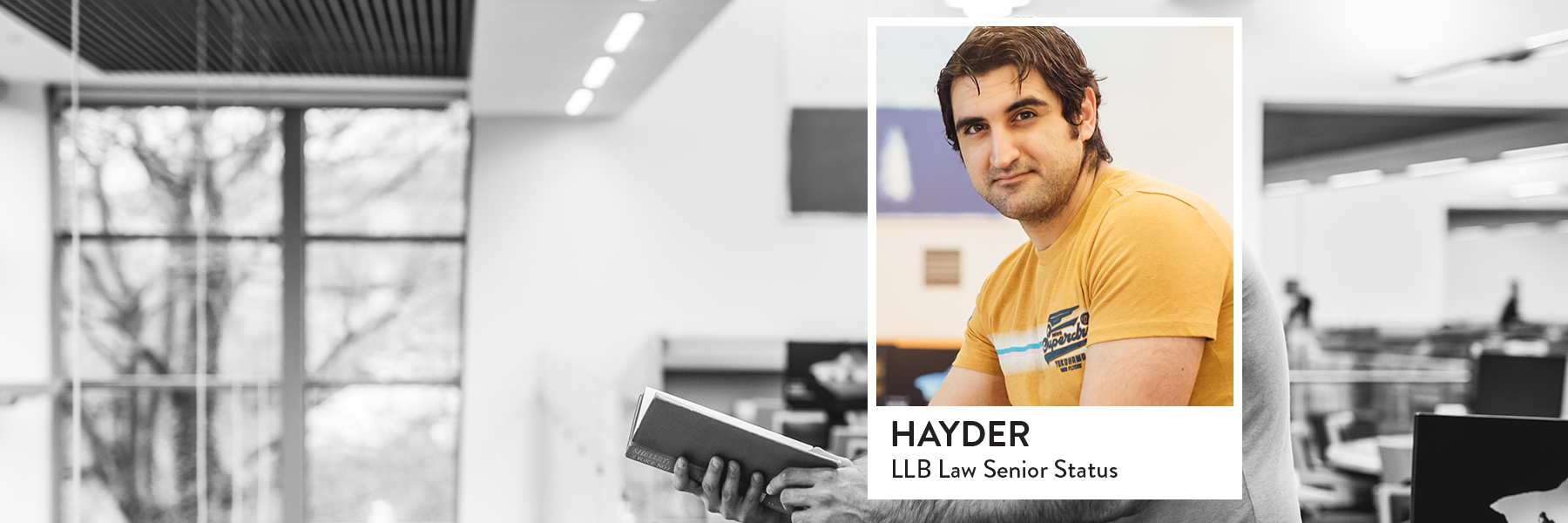Student Stories
"Goals don’t materialize without patience and perseverance"
I had struggled with ADHD in my youth and wasn’t formally diagnosed until I was an adult.
By that time, I had developed rigid routines to balance my bouts of excessive productivity with the procrastination and self-doubt that bellies the psychological state of executive dysfunction. Eventually, I had incorporated a number of go-tos to make some use of the time I didn’t wish to see wasted with my routines, a system that helped me develop a comfortable stasis between what I needed to accomplish and what inhibits me from getting there. But as I learned from opening up with my trusted peers and academic advisors, introducing a handful of simultaneous changes with a short (if not entirely non-existent) adjustment period prior to jumping headfirst into ambitious academic and extracurricular programs can easily upset that delicate balance.
Goals don’t materialize without patience and perseverance

Two years after receiving my diagnosis, I decided to pursue a second law degree halfway across the world in a city I had never been before. As the COVID-19 pandemic accelerated during my move, I had to shelve my routines for the temporary transience of forced-quarantining in hotel rooms until I could find suitable long-term accommodation before classes began, and this called for a ‘suck-it-up’ attitude which many students and working professionals know all too well requires a disregard for personal needs – even if only for a ‘little while’.
Social distancing pushed me to being as social as I’ve ever been
Social events were cancelled, friends were socially distanced, and local sights and sounds were silenced and suppressed while the lockdowns bled from one semester into the next. A quiet melancholy develops within students and working professionals across the University community as they look forward to the return of normal, but this melancholy served to further exacerbate my anxiety which in turn, antagonised my precious routines and coping mechanisms that I had developed to keep me on top of my game. And I knew that I had to reach out to those around me that frequently offered their support, especially those who had confided the same concerns and experiences to me that I found myself going through.
Social and mental wellbeing are two sides of the same coin
It was only after reaching out to my program advisors, personal tutors, friends, classmates and club compatriots (even if most of these interactions were exclusively digital) that I reclaimed my equilibrium so to speak; I am fortunate to attend a University with such an extensive network of diverse associations and clubs with dedicated, active students which have become a community within a community – one that I feel supported by and connected to in spite of the contemporary restrictions on our social freedoms. The Faculty make themselves readily available to students for professional or personal development sessions, offering their support at a time when it’s never been in such demand. I am frequently reminded by the company and consideration of others how important it is for us all to support one another, especially given the impact of recent events.

Get Support
Mental Health issues can affect anyone at any time. But confidential, professional help is available through the University.
To find out more, click the button below:
#QUBeWell

Social and mental wellbeing are two sides of the same coin
